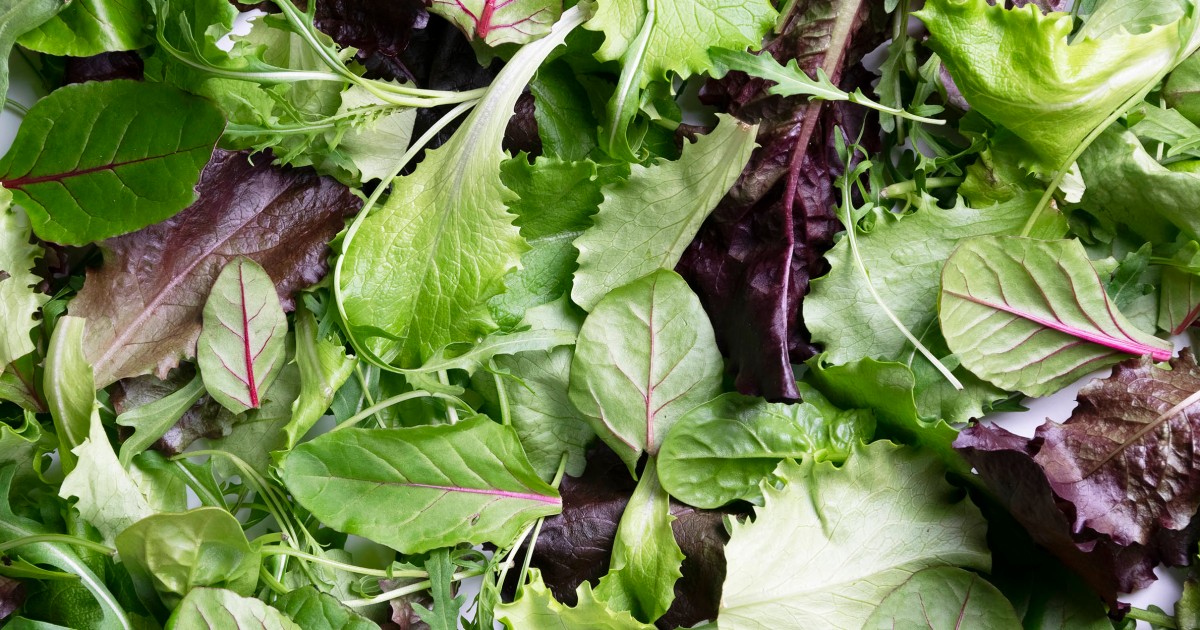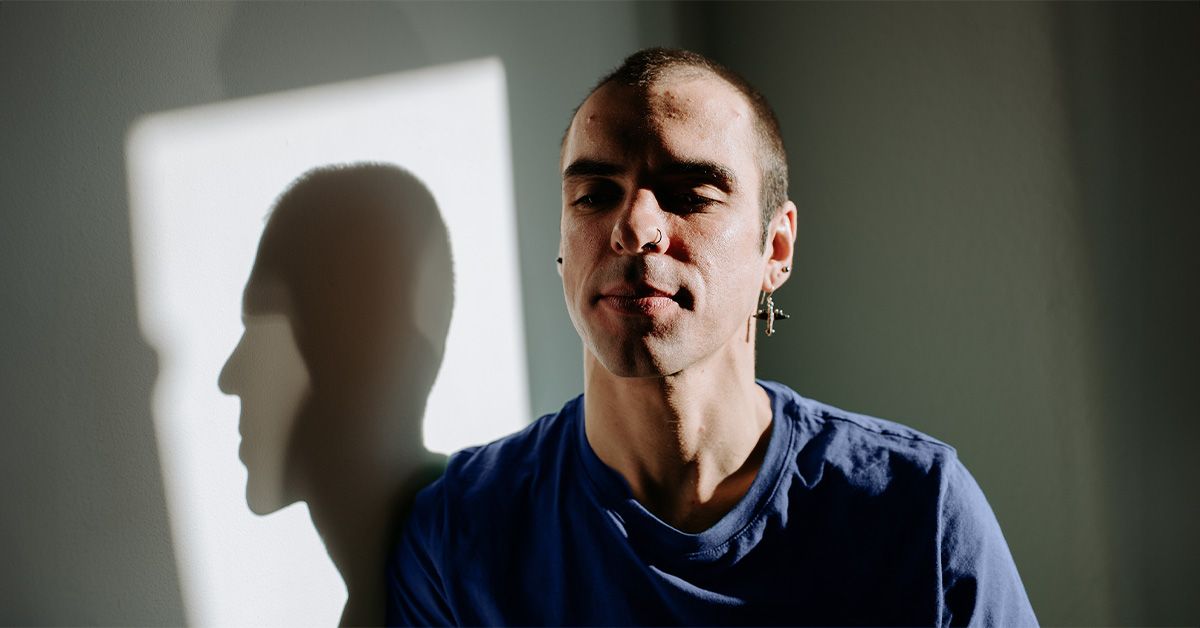Black coffee is a morning elixir, helping people wake up and provide a jolt of energy. It’s famous for caffeine, of course, but it also comes with some impressive health benefits.
Americans love the dark brew: More than two-thirds, 67%, report drinking coffee in the past day — more than any other beverage including plain water, according to a 2024 report from the National Coffee Association. That’s a 20-year high, it notes.
Take a sip and you will feel the effects right away: The caffeine in coffee is a central nervous system stimulant, “speeding everything up” in the body and brain, according to the American Medical Association.
“It will increase your energy levels. It can also decrease feelings of fatigue,” Lisa Young, Ph.D., a registered dietitian and adjunct professor of nutrition at New York University, tells TODAY.com.
Research also points to a positive impact on heart health, brain health, weight loss and mood, she adds.
The latest study, published in the Journal of Clinical Endocrinology & Metabolism on Sept. 17, 2024, finds moderate caffeine intake may protect against Type 2 diabetes, coronary heart disease and stroke.
But it’s not about refilling all day long. Drinking two to three cups of coffee was the “sweet spot,” the researchers found, according to NBC News.
“There are benefits to coffee. … But if you are a coffee drinker, I still think you should watch how much you drink,” Young advises.
Black coffee nutrition
Black coffee has virtually no calories or fat as long as you don’t add cream or sugar to the beverage.
One cup of brewed coffee prepared with water contains the following, according to the U.S. Department of Agriculture:
- 2 calories
- 0 grams fat
- 0.3 grams of protein
- 95 milligrams of caffeine
- 116 milligrams of potassium
- 4 milligrams of sodium
Black coffee has no carbs, cholesterol or fiber. It contains some calcium, magnesium, niacin, phosphorus and folate.
Adding milk and sugar “totally, totally changes the equation,” inserting fat and calories, which can counteract any positive health effects, Young warns.
The benefits of black coffee
Coffee beans have more than 100 biologically active compounds, including powerful antioxidants. These compounds can help reduce inflammation, improve insulin sensitivity, boost metabolism, inhibit the gut’s absorption of fat and block receptors involved with abnormal heart rhythms, according to research presented to the American College of Cardiology in 2022.
Heart health
Two to three cups of coffee a day are associated with a longer life, and a lower risk of heart disease and heart rhythm problems, three studies found.
The benefits applied to both people with and without heart disease.
Moderate coffee drinkers who drank two to three cups per day were almost 50% less likely to develop cardiometabolic disease than people who consumed a cup a day or less, according to the 2024 study.
Cardiometabolic disease is defined as having at least two of the following three conditions: Type 2 diabetes, coronary heart disease or stroke.
Higher coffee consumption — one or more cups of coffee a day — was associated with a reduced risk of heart failure, researchers reported in 2021.
Lower mortality
Drinking coffee, especially unsweetened coffee, is linked with a lower risk of death, another study found.
People who drank 1.5 to 3.5 cups a day without adding sugar were 16% to 21% less likely to die during over seven years than people who didn’t drink coffee at all.
Coffee drinkers also have reduced risk of liver disease and a lower risk of Type 2 diabetes.
Weight loss
Moderate consumption of caffeinated coffee may also be part of a weight management strategy, a 2023 study noted, calling the impact an “anti-obesity effect.”
It found people who rarely drank coffee and then boosted their intake to up to seven cups a week reduced their total body fat — perhaps because coffee impacts metabolism, the authors wrote.
Young wonders about other factors when it comes to coffee and weight loss.
“Does it possibly cut appetite? People who tend to drink coffee, it just so happens, are also more likely to be physically active,” she says.
“So is it the coffee or is it other variables? Maybe they have more energy to walk or to exercise so it could have some type of an effect that way.”
Brain health
A 2021 study found people who drank four to six cups of coffee a day had a lower incidence of stroke and dementia.
Coffee can also boost mood.
“In low doses, caffeine may help depression,” Dr. Nicole Clark, a neurologist at St. Peter’s Health Medical Group in Helena, Montana, told the American Medical Association. That’s because it stimulates dopamine, a chemical in the brain that plays a role in pleasure motivation and learning, she noted.
Coffee risks
Too much caffeine can lead to a fast heart rate, anxiety, jitteriness, headache and insomnia, the U.S. Food and Drug Administration cautions. Caffeine also raises blood pressure in the short term, studies have found.
“Too many cups of coffee can raise blood pressure in someone who already has hypertension,” Dr. Luke Laffin, co-director of the Center for Blood Pressure Disorders at Cleveland Clinic, told NBC News.
“Know yourself,” Young advises. “I’m a one-cup-a-day person and I cannot have it after 11 a.m. or I won’t sleep.”
A good coffee cut-off for people who are sensitive to caffeine might be noon, she adds.
If you regularly drink one to two cups of coffee and decide to have a third, it can trigger a migraine, researchers reported in 2019.
Drinking more than six cups of coffee a day was associated with a 53% increased risk of dementia, a 2021 study found.
Is it good to drink black coffee every day?
The FDA says up to 400 milligrams of caffeine a day is safe for most adults. That’s about four 8-ounce cups of brewed coffee. Keep in mind the portions in popular coffee chains are often much bigger, and other foods and drinks contain caffeine, including chocolate and cola.
Pregnant women should talk to their doctor about their caffeine intake, the FDA advises. The American College of Obstetricians and Gynecologists suggests they limit it to less than 200 milligrams per day, or two cups of brewed coffee.
If you already drink coffee, like it and tolerate it well, “you’re in luck” when it comes to the potential health benefits that might come along with it, Young says.
But if you’re not a coffee drinker now, there’s no need to start drinking it to try to boost health, she advises.
NBC senior medical correspondent Dr. John Torres previously offered the same advice, noting people who are sensitive to caffeine or have a sensitive stomach can experience problems.
There’s “strong and consistent” evidence that moderate coffee consumption isn’t harmful, but that doesn’t mean coffee should be consumed for health benefits, Tricia Psota, a registered dietitian and member of the American Society for Nutrition, told NBC News.
Many other foods contain antioxidants, magnesium and the other nutrients found in coffee, Young adds.
Read the full article here
















